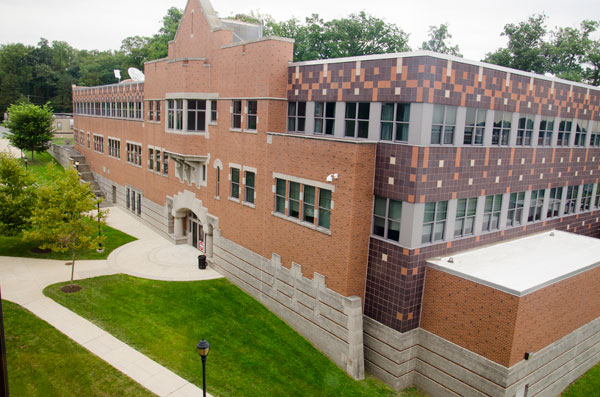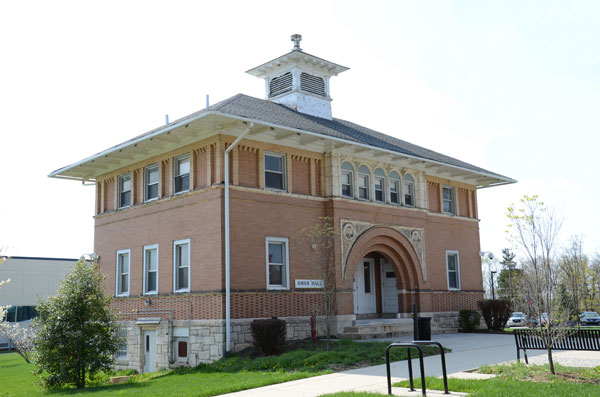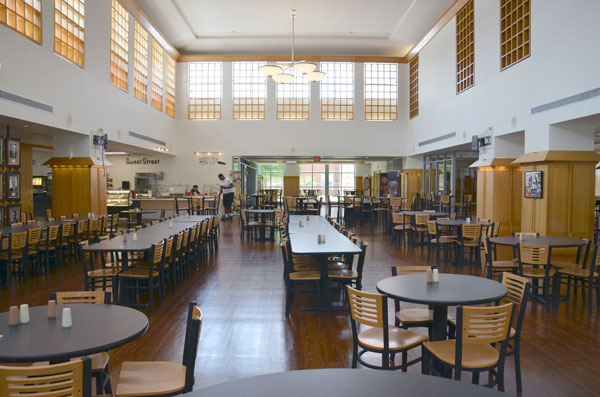- Posted in All University
- Category: Campus News
Several campus buildings have recently undergone renovations with several more major upgrades and additions are planned for the next two years.
JOHN MILLER DICKEY HALL

Renovation cost: Approximately $17.5 million
Year built: 1991
- Preparations began in Spring 2017
- Construction to begin in December 2017 and is scheduled to be completed by January 2019
- Dickey Hall will house:
- First Floor: Information Technology
- Second Floor: Psychology, Business and Entrepreneurial Studies
- Third Floor: Sociology, Criminal Justice, Anthropology, History, Political Science, Philosophy and Religion
AMOS HALL

Renovation cost: $15 million
Year built: 1902
- Plans include the renovation and expansion of Amos Hall to include:
- Classrooms and studio space for visual arts programs
- Museum/gallery space
- Schedule:
- Architect selection: Fall 2017
- Design process: Winter 2017 –Winter 2018
- Bidding and contracts: Spring 2019
- Construction: Summer 2019 –Fall 2020
THURGOOD MARSHALL LIVING LEARNING CENTER DINING COMMONS

Year built: 1996
- This multi-purpose building houses over 370 upperclass males and females, the main campus dining hall, two computer lounges, and meeting rooms.
- Thompson Hospitality increased the seating area in the Dining Commons from 300 to nearly 475 by removing a wall between the dining area and retail dining.
- New bakery and deli areas were added to the existing areas for beverages, exhibition cooking, salad, soup, homestyle dishes, grilled items, vegetarian options, and pizza.
- Upgraded 60-inch flat screen televisions